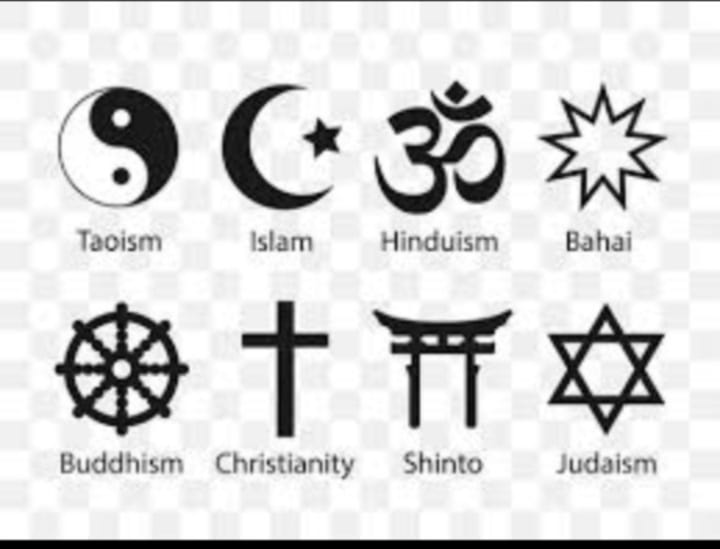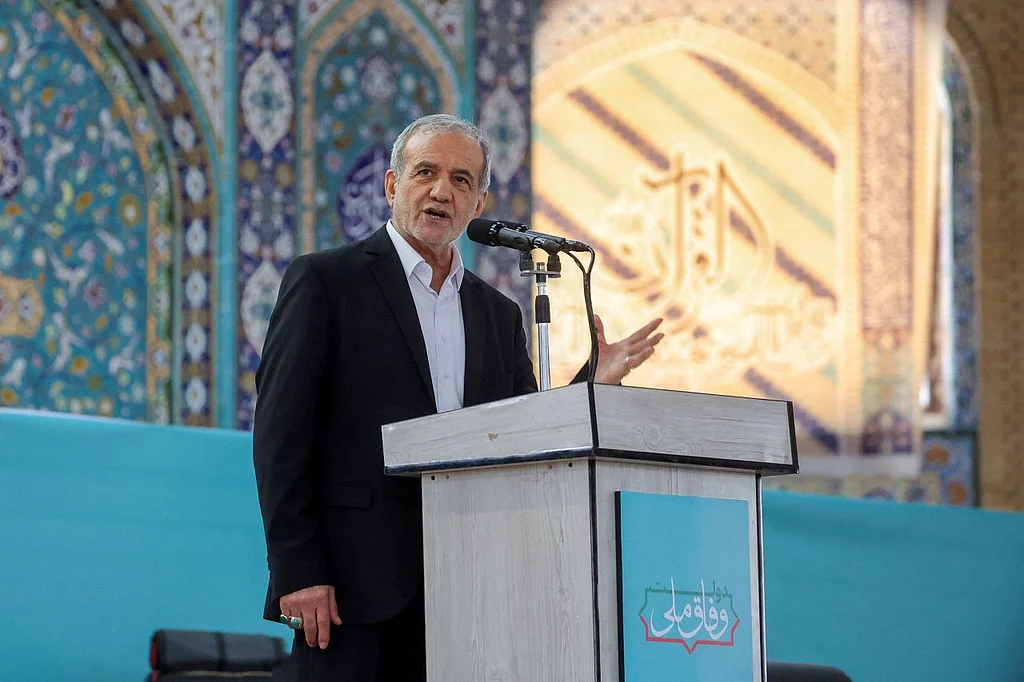Which Religion Is Truly the Greatest? (A Research-Based Analysis)

- আপডেট ১০:৩৪:১৫ পূর্বাহ্ন, শুক্রবার, ১৮ জুলাই ২০২৫
- / ৭৯ বার পঠিত হয়েছে
Introduction:
Since ancient times, human beings have been inherently connected to religion. Religion is not merely a personal belief or spiritual practice—it is also a social, ethical, and cultural framework. However, one question continues to arise: “Which religion is truly the greatest?” To explore this, we must analyze religion through the lenses of history, philosophy, society, and human values.
The Role and Diversity of Religion:
The major world religions—Islam, Hinduism, Christianity, Buddhism, and Judaism—have all guided humanity toward peace, virtue, compassion, self-development, and social welfare. Each religion has evolved within distinct geographical, cultural, and historical contexts. Therefore, from different perspectives, each religion can be seen as “great” in its own way.
For example:
Islam invites people to surrender to one Creator and walk the path of peace.
Christianity follows the life of Jesus Christ as a symbol of love, forgiveness, and humanity.
Hinduism emphasizes spiritual liberation (moksha), karma, and adherence to dharma through a rich diversity of philosophies and practices.
Buddhism focuses on mental purity, moderation, and the cessation of suffering through mindful living.
Judaism stresses justice, morality, and a spiritual relationship with God.
Science and Religion:
Science is grounded in impartial, evidence-based knowledge, whereas religion is founded on belief and faith. Yet many great thinkers—such as Tolstoy, Gandhi, Rumi, and Tagore—have viewed religion as a path to human development. According to them, true religion never fosters violence, division, or narrow-mindedness.
Religion in the Modern World:
Today, religion goes far beyond rituals and worship. It influences moral education, social responsibility, environmental awareness, and even mental well-being. When religious practice nurtures tolerance, compassion, and righteousness in an individual, that religion becomes truly great in practice.
Conclusion:
To declare one religion as “the greatest” is neither scientifically objective nor universally acceptable. Each religion has its own unique beauty, teachings, and purpose. In truth, the greatest religion is that which:
transforms you into a virtuous, compassionate, and responsible human being;
promotes the welfare of others and guides you toward peace and truth;
proves its greatness not through claims of superiority, but through service to humanity.
Ultimately, the goal of true religion is not ethnic or religious supremacy, but the well-being and peace of all creation.
It must be acknowledged, however, that—to each person, their own religion is naturally the greatest.




















